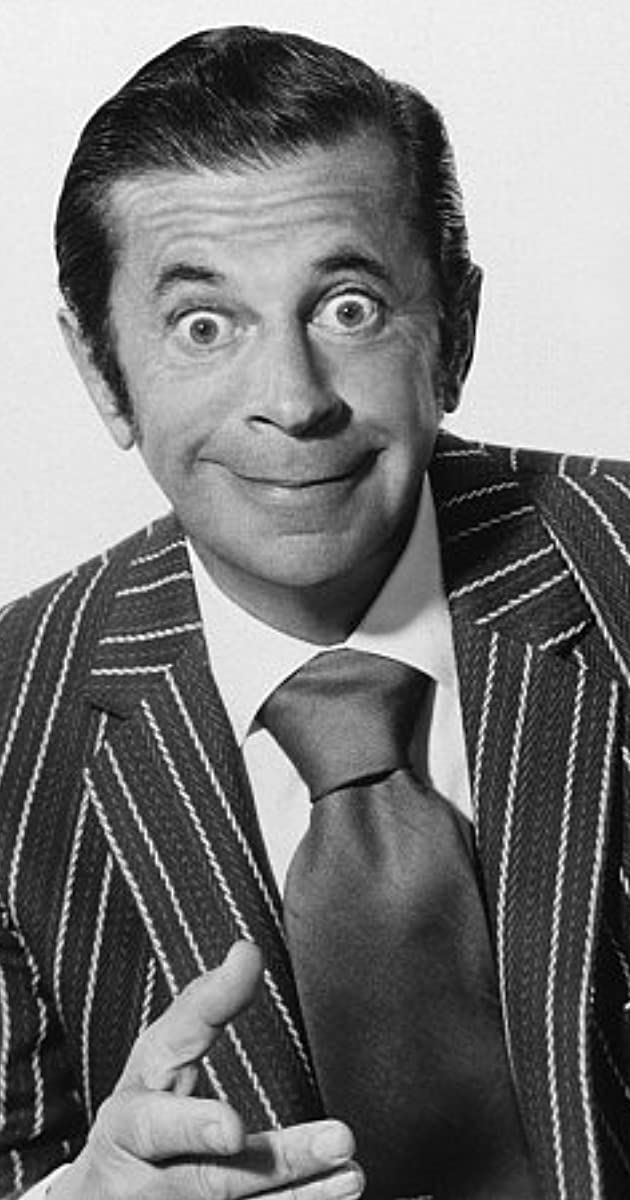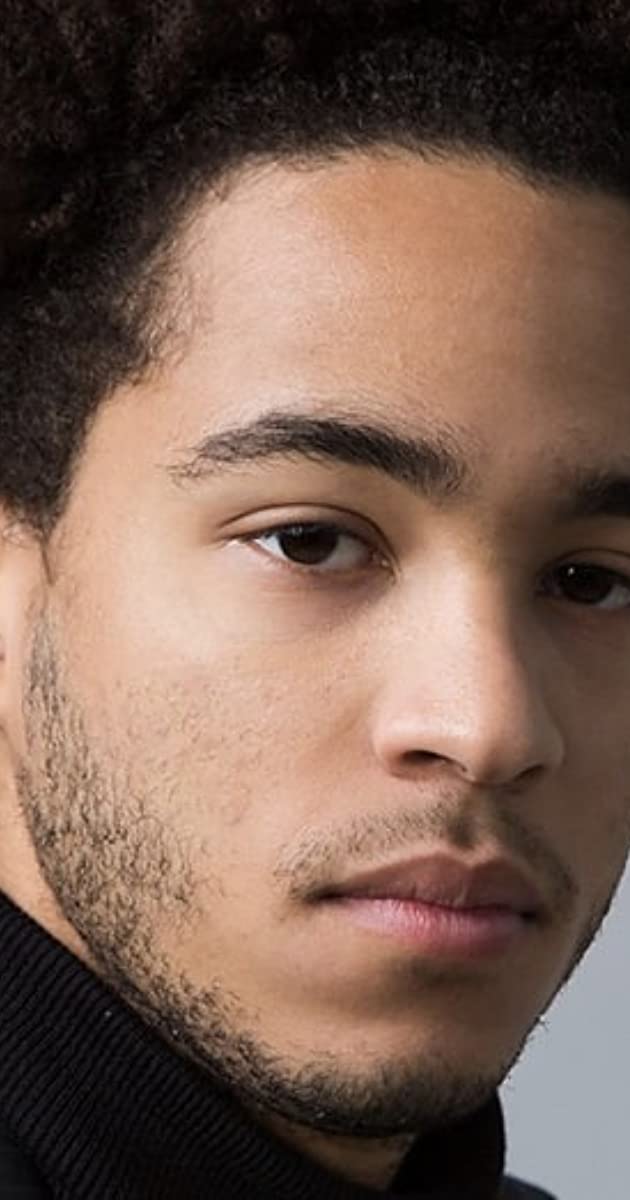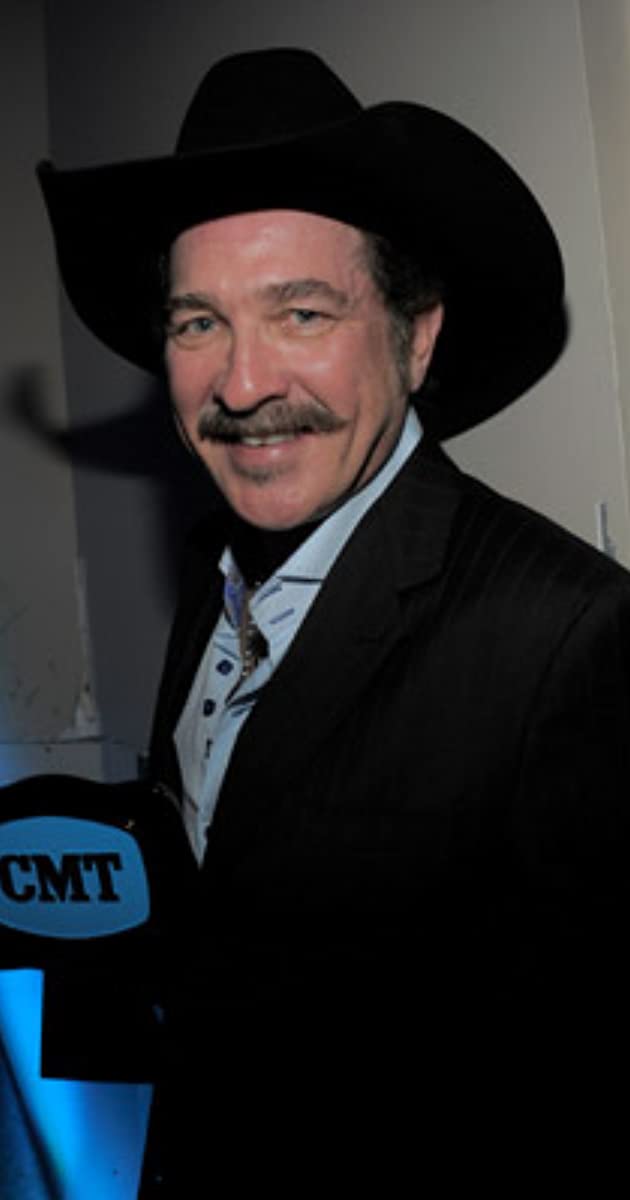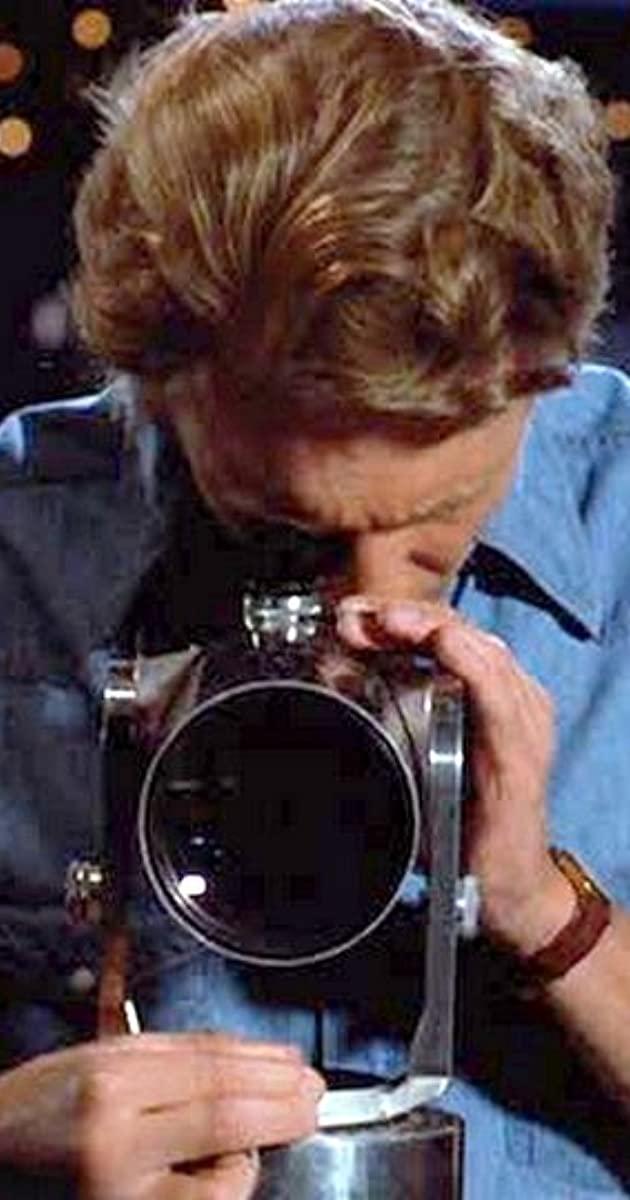
Born in Chicago, Morey Amsterdam started in Vaudeville at the age of 14, as a straight man for his piano-playing brother. His father, a concert violinist who worked with the Chicago Opera and the San Francisco Symphony, wanted Morey to pursue a career in classical music however Morey had other plans. By the time he was 16, he was working at a Chicago speakeasy owned by Al Brown – better known as Al Capone. When he was caught in the middle of a shootout in the club one night, Amsterdam decided to seek safer bookings. He moved to California, where he became a writer and gag man for such stars as Fanny Brice, Jimmy Durante and Will Rogers. Morey would become known as the “Human Joke Machine” because he could tell a joke about any subject on request. In the 1930s and 1940s, he was on the radio, where his humor brought him fame and notoriety. He was also a songwriter, and some of his best known songs were “Why Oh Why Did I Ever Leave Wyoming?” and “Rum and Coca-Cola”. By 1947, he had three different daily radio shows and comedian Fred Allen said, “The only thing I can turn on without getting Amsterdam is the faucet”. His first TV show began as a radio program and carried over onto TV, “Stop Me If You’ve Heard This One” (1948). That same year, he hosted his own variety show, The Morey Amsterdam Show (1948), which ran until 1950. Amsterdam was the host of the talk show Broadway Open House (1950), the precursor to NBC’s “The Tonight Show” in its various forms. His real fame, though, would come after he had spent almost four decades in the business, playing the part of wisecracking comedy writer “Buddy Sorrell” in the classic The Dick Van Dyke Show (1961) along with Rose Marie and Van Dyke as writers for the fictional TV variety show “The Alan Brady Show”. For Morey, who was reportedly able to recall up to 100,000 jokes, it was the role of a lifetime. After the show ended in 1966, he continued to play nightclub dates and make TV guest-star appearances on shows from The Hollywood Squares (Daytime) (1965) to Caroline in the City (1995). His film career consisted mainly of small roles in such films as Beach Party (1963) and Won Ton Ton: The Dog Who Saved Hollywood (1976), although he did produce and star in Don’t Worry, We’ll Think of a Title (1966) and received good notices for his standout performance as a weaselly, double-crossing gangster who gets his just desserts in the Charles Bronson gangster film Machine-Gun Kelly (1958).


